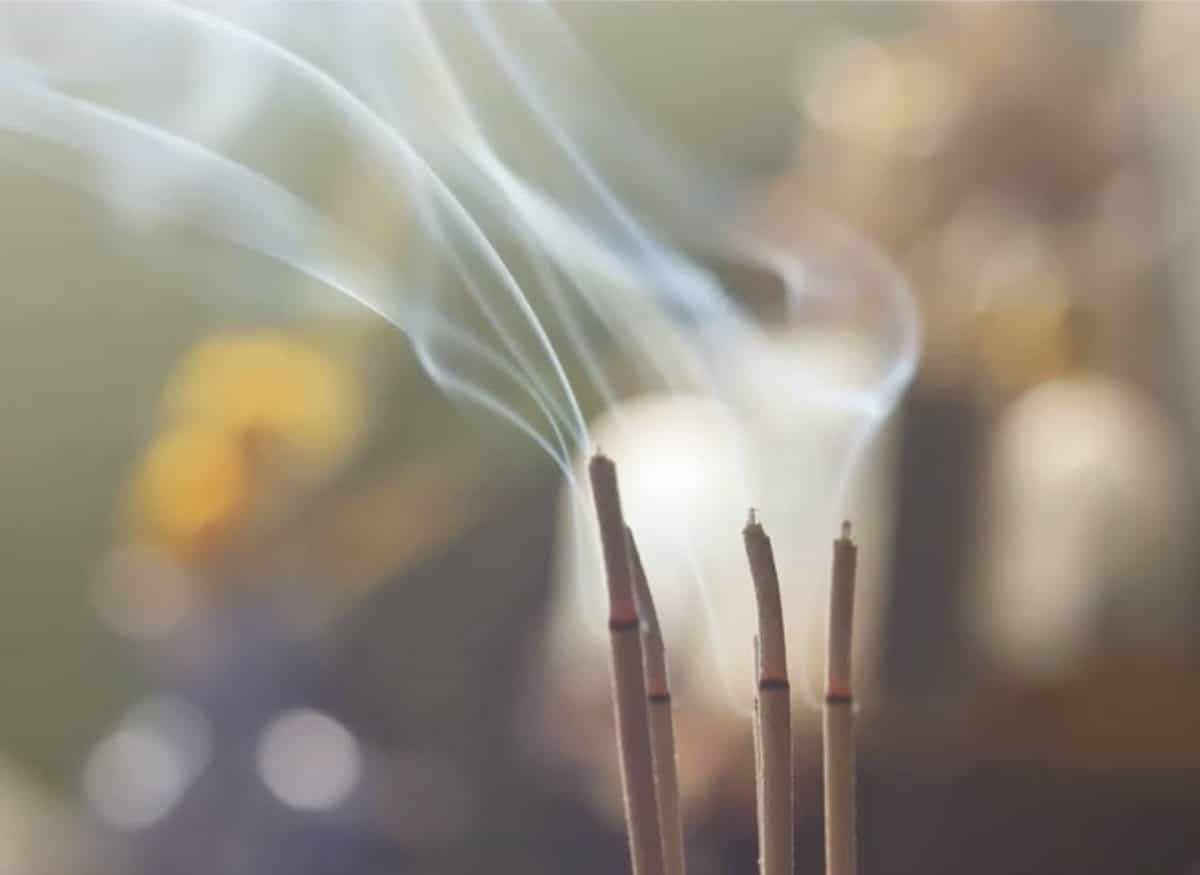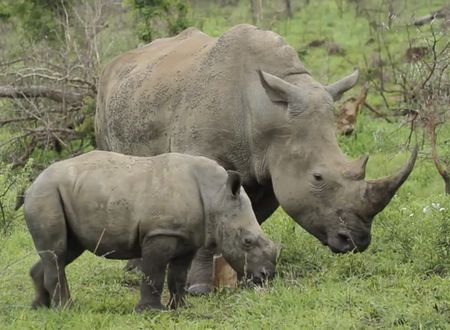I am a bit tired. Strike that. I am quite tired. Thankfully, not figuratively. It’s just tiredness of the body and brain. I have had an incredibly hectic week that included putting in two all-nighters and over eighteen hours on the remaining days of the week. Throughout my twenties, this was a routine thing. In my forties now, I view life differently. And this fatigue and workload got me thinking. About what, you say?
On the one hand we have the likes of Glenn Gould, who when asked what is the way to mastery, said that it was to give up everything else in the pursuit of the one thing that matters the most to us. And without a shadow of a doubt we live in a world where we celebrate extremism. Extreme success, extreme sports, extreme hard work, extreme fame, extreme wealth and whatnot. People who have these are envied by most others. Not sure if it’s good or bad, but no one will envy you for your extreme knowledge, contentment or peace.
And then on the other hand we have the likes of Buddha who when asked what would be considered poisonous to a good life, said that everything in excess was poison. That moderation was the only way to a meaningful life. He called it the middle way. Then again, the awakened one gave up a life of one kind and walked the extreme path himself. Besides, in the present world, we frown upon any kind of mediocrity. This is the age of the specialists.
Whom should we believe? Amidst this insanely frantic week, I had an important realization. It wasn’t the sort that bursts like a volcano but more like the lingering fragrance of a candle that had been snuffed an hour back.
In the delightful read, The Tao of Pooh by Benjamin Hoff (here too), there’s a beautiful anecdote about three vinegar tasters who are standing around a vat of vinegar in China.
Each has dipped his finger into the vinegar and has tasted it. The expression on each man’s face shows his individual reaction. Since the painting is allegorical, we are to understand that these are no ordinary vinegar tasters, but are instead representatives of the “Three Teachings” of China, and that the vinegar they are sampling represents the Essence of Life. The three masters are Confucius, Buddha, and Laozi, author of the oldest existing book of Taoism. The first has a sour look on his face, the second wears a bitter expression, but the third man is smiling.
To Confucius, life seemed rather sour. He believed that the present was out of step with the past, and that the government of man on earth was out of harmony with the Way of Heaven… A saying was recorded about Confucius: “If the mat was not straight, the Master would not sit.”
To Buddha, the second figure in the painting, life on earth was bitter, filled with attachments and desires that led to suffering. The world was seen as a setter of traps, a generator of illusions, a revolving wheel of pain for all creatures. In order to find peace, the Buddhist considered it necessary to transcend “the world of dust” and reach Nirvana, literally a state of “no wind.”
To Laozi, the harmony that naturally existed between heaven and earth from the very beginning could be found by anyone at any time. According to Laozi, the more man interfered with the natural balance produced and governed by the universal laws, the further away harmony retreated into the distance. The more forcing, the more trouble. Whether heavy or light, wet or dry, fast or slow, everything had its own nature already within it, which could not be violated without causing difficulties.
Not the way of heaven or the middle way, he simply called it the way.
I must ask you a question before I share my realization with you: when you are busy, which activity do you forgo first? Let’s say you have a deadline to meet at work and you are also helping your child with his/her exams, the tax returns need filing and you have that doctor’s appointment, plus numerous other things that fill your day. In order to do what you consider important, what do you normally give up? For example, I gave up playing piano over the last two years and this entire week my only exercise was changing my position while sitting in my chair in front of my computer. Nah, not completely true. I moved around a fair bit. Like getting up for my meal and sitting at the table, moving my hands to feed myself or taking a shower. You get the idea. I compromised on my sleep, exercise, rest and music to work on some critical items.
Here’s my realization:
The activities we give up, to accomplish the things we consider important, are usually the things we need the most for our wellbeing. At least, I have seen this pattern emerge numerous times in my life. To do what we feel we ought to do, we stop doing what we should be doing, in fact.
The next time you find yourself squeezed to fit things into your schedule, just pay attention to what you are leaving out. And if you truly value and love yourself, you will discover that the things you’ve dropped out are actually the ones that give you strength, peace, joy and a sense of wellbeing. I certainly plan to act more on my own realization. Whether you would too, I’d leave that to you.
In the words of Laozi, paraphrased by Hoff:
To know the way,
we go the way,
we do the way.
The way we do,
the things we do,
it’s all there in front of you.
But if you try too hard to see it,
you’ll only become confused.
I am me and you are you.
As you can see;
but when you do
the things that you can do,
you will find the way.
The way will follow you.
Each one of us has a certain temperament and what drives you or how you prefer to work is your prerogative. All I wish to suggest is just spare a moment and ask yourself if you should be sacrificing whatever you may be. Chances are, you need to look after yourself better. And one way to do that is to not assume that you have twenty-four hours available. Perhaps, you are only available to work for 4, 6, or 8 hours a day.
The Dalai Lama, when asked what surprised him most about humanity, answered, “Man! Because he sacrifices his health in order to make money. Then he sacrifices money to recuperate his health. And then he is so anxious about the future that he does not enjoy the present; the result being that he does not live in the present or the future; he lives as if he is never going to die, and then dies having never really lived.”
I think the man has a point. After all, at 86 years of age, he still has the laughter and countenance of a happy baby.
I pray that you do too.
Peace.
Swami
Important announcements:
1. My apologies for the inconvenience caused to many at the cancellation of the ashram events. Whatever was decided was only and only keeping your wellbeing in mind. I will open the initiation form once we have more clarity around when the ashram may open again.
2. I am excited to share with you the trailer of Sadhana. Many of you have been guessing and wondering, I can tell you that this is an app. And, the good thing is that it will always be free. No one will ever be deprived of the beauty and power of sadhana due to any financial constraints. Having said that, if you have the resources then you must join me on this journey. Your participation is voluntary, appreciated, and needed. It will mean a lot to me and the entire team. To participate:
1. Click here if you reside in India.
2. Go here if you live anywhere outside India.

In case you wish to see the trailer in Hindi, go here. Hope you like it.
A GOOD STORY
There were four members in a household. Everybody, Somebody, Anybody and Nobody. A bill was overdue. Everybody thought Somebody would do it. Anybody could have done it but Nobody did it.
Don't leave empty-handed, consider contributing.It's a good thing to do today.









Comments & Discussion
369 COMMENTS
Please login to read members' comments and participate in the discussion.